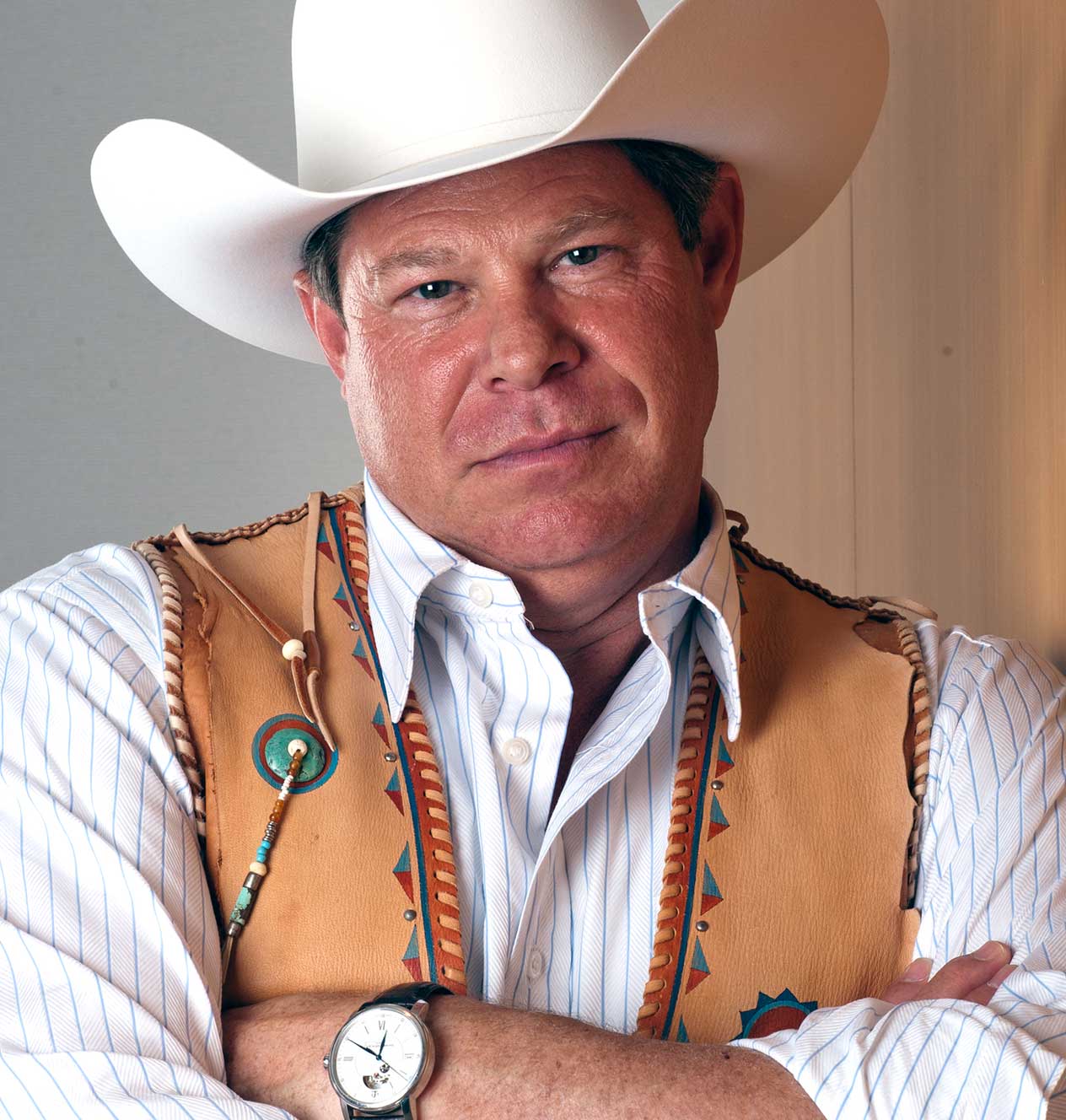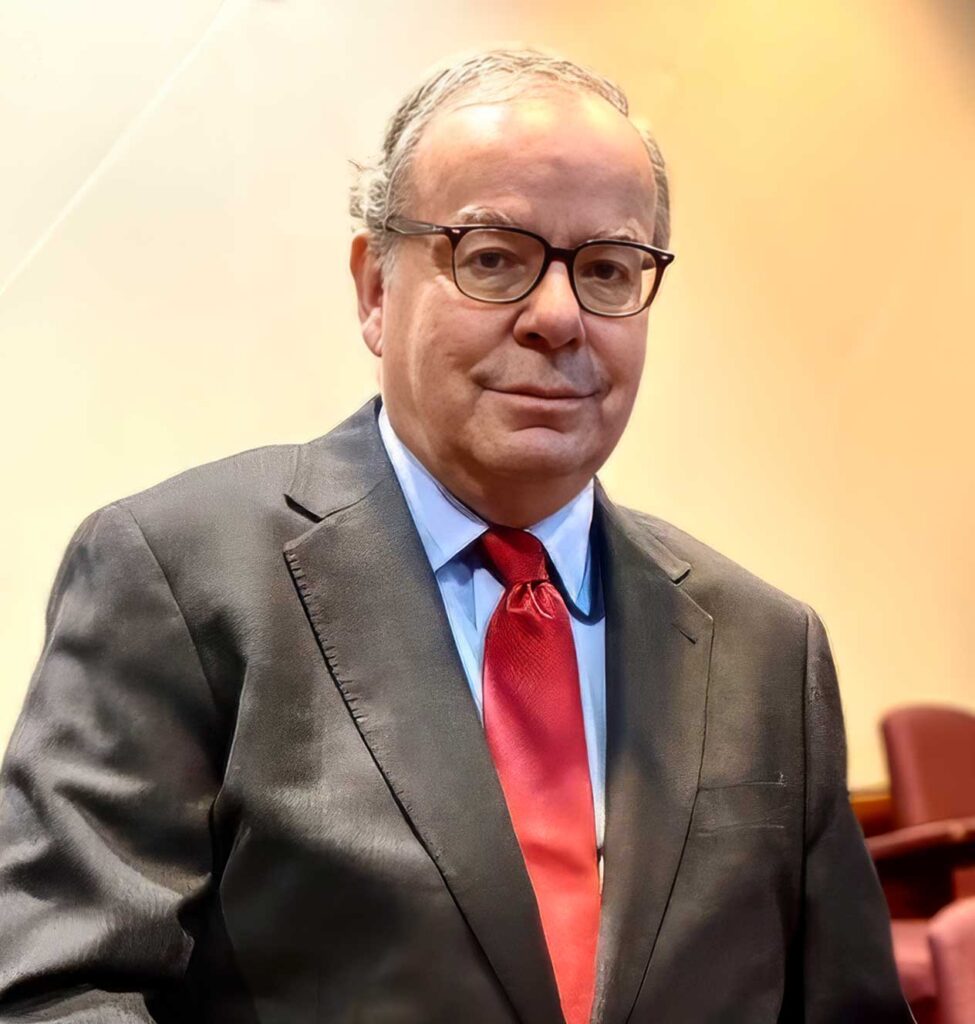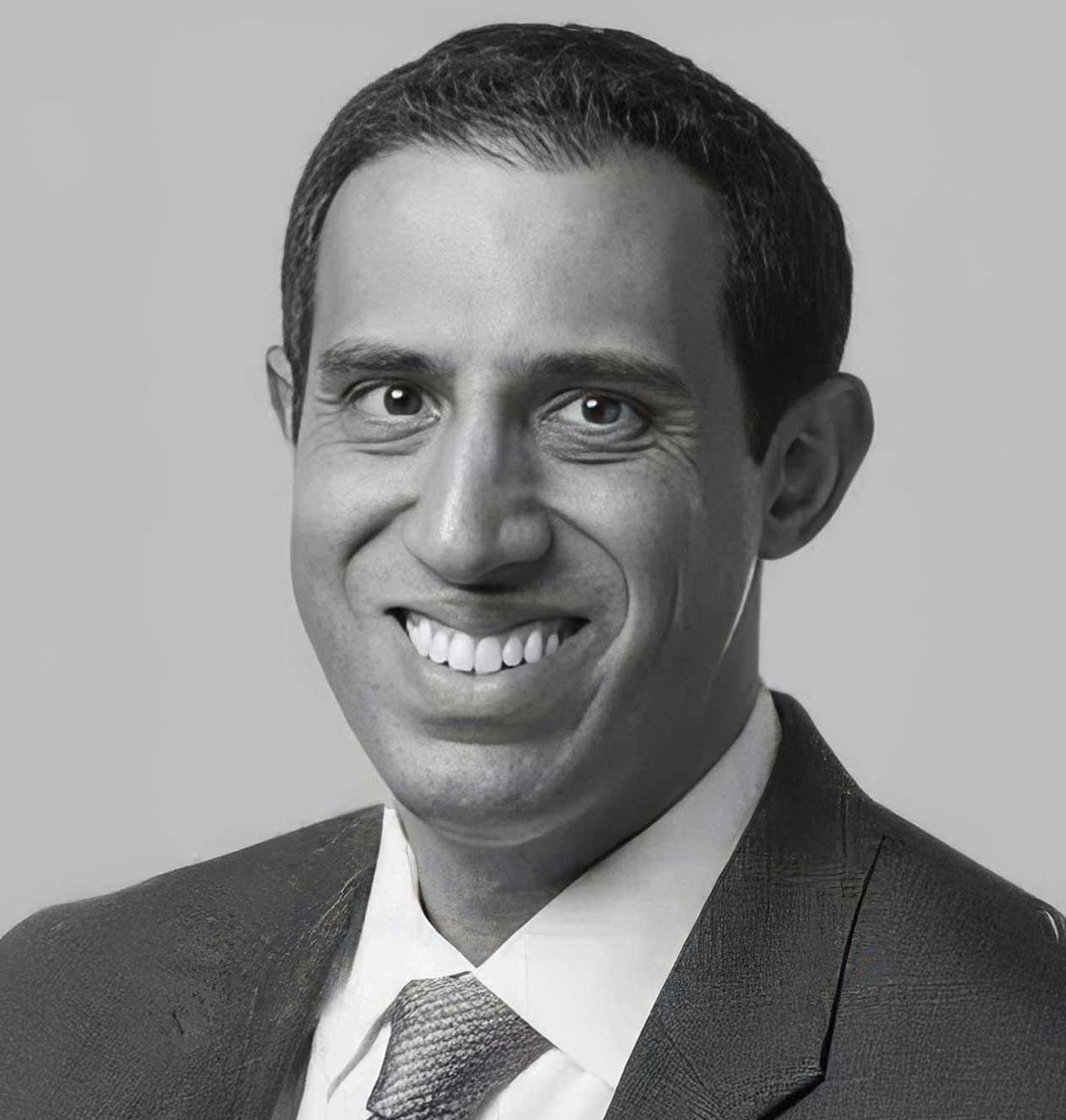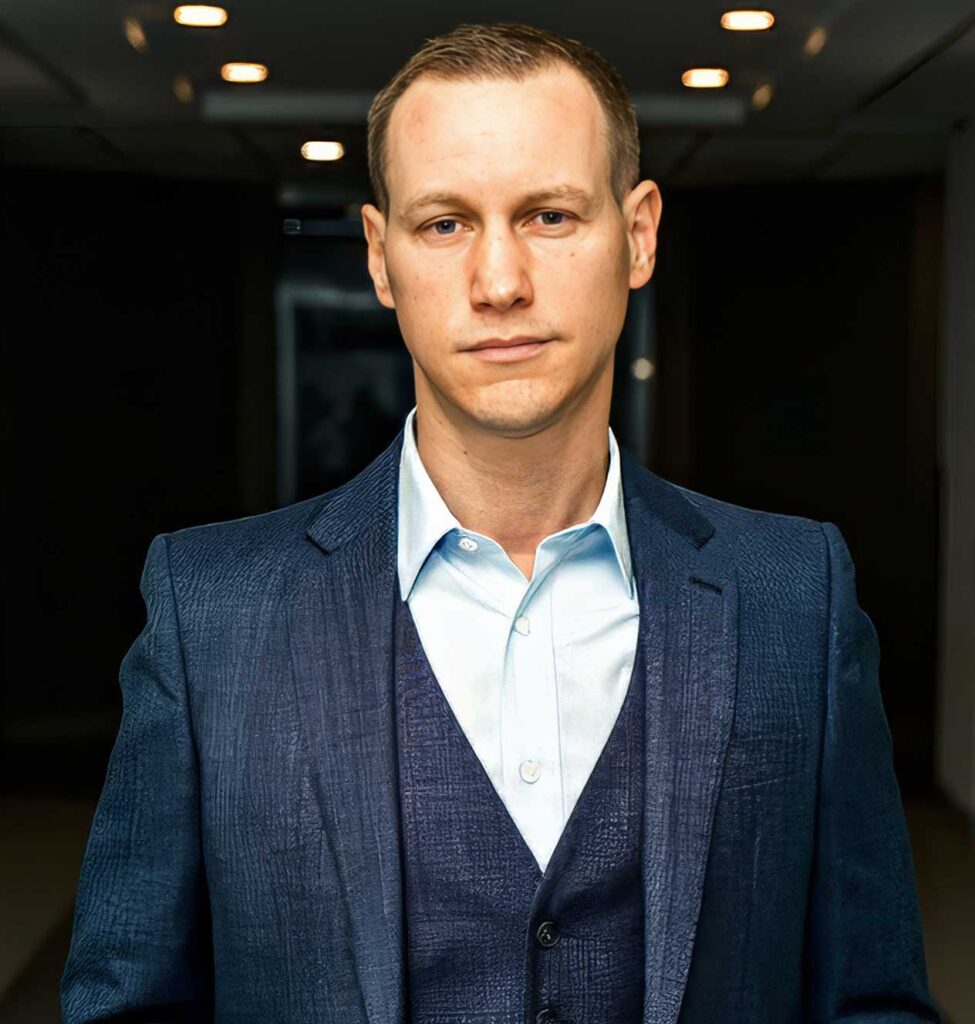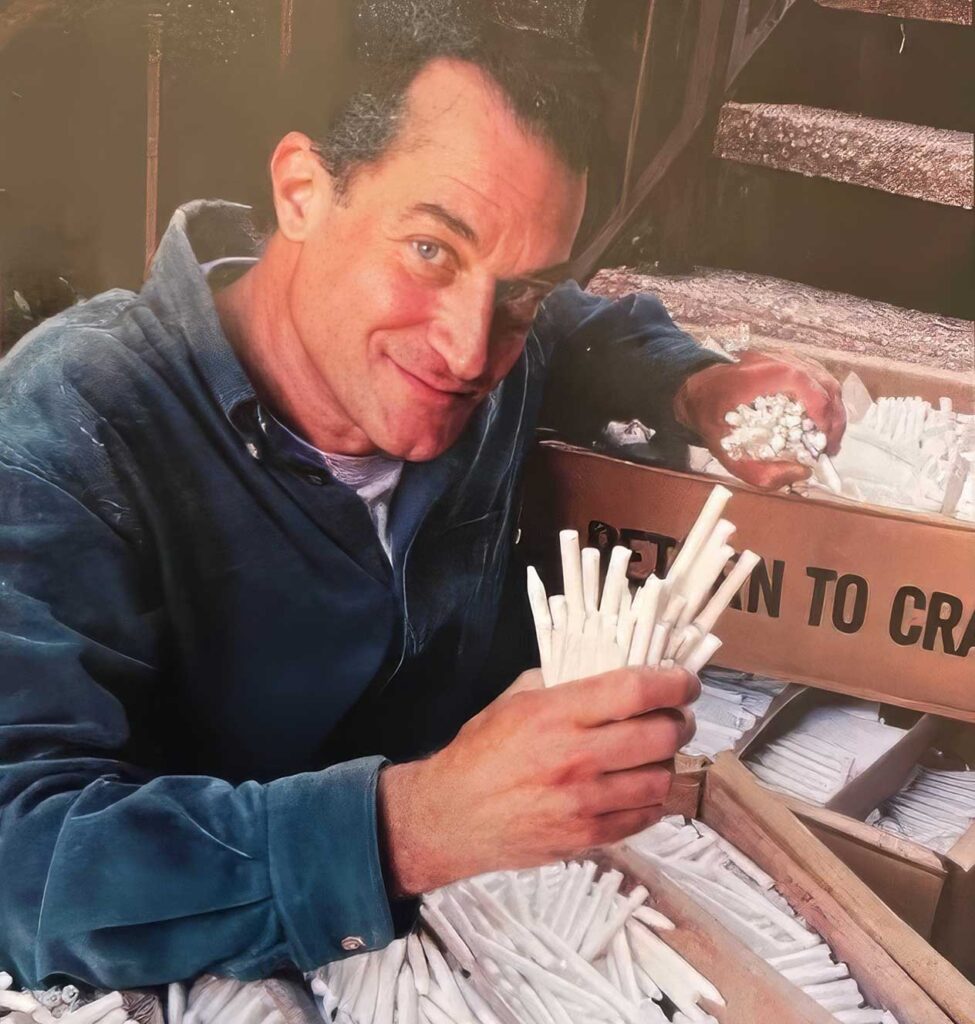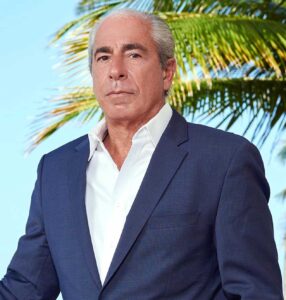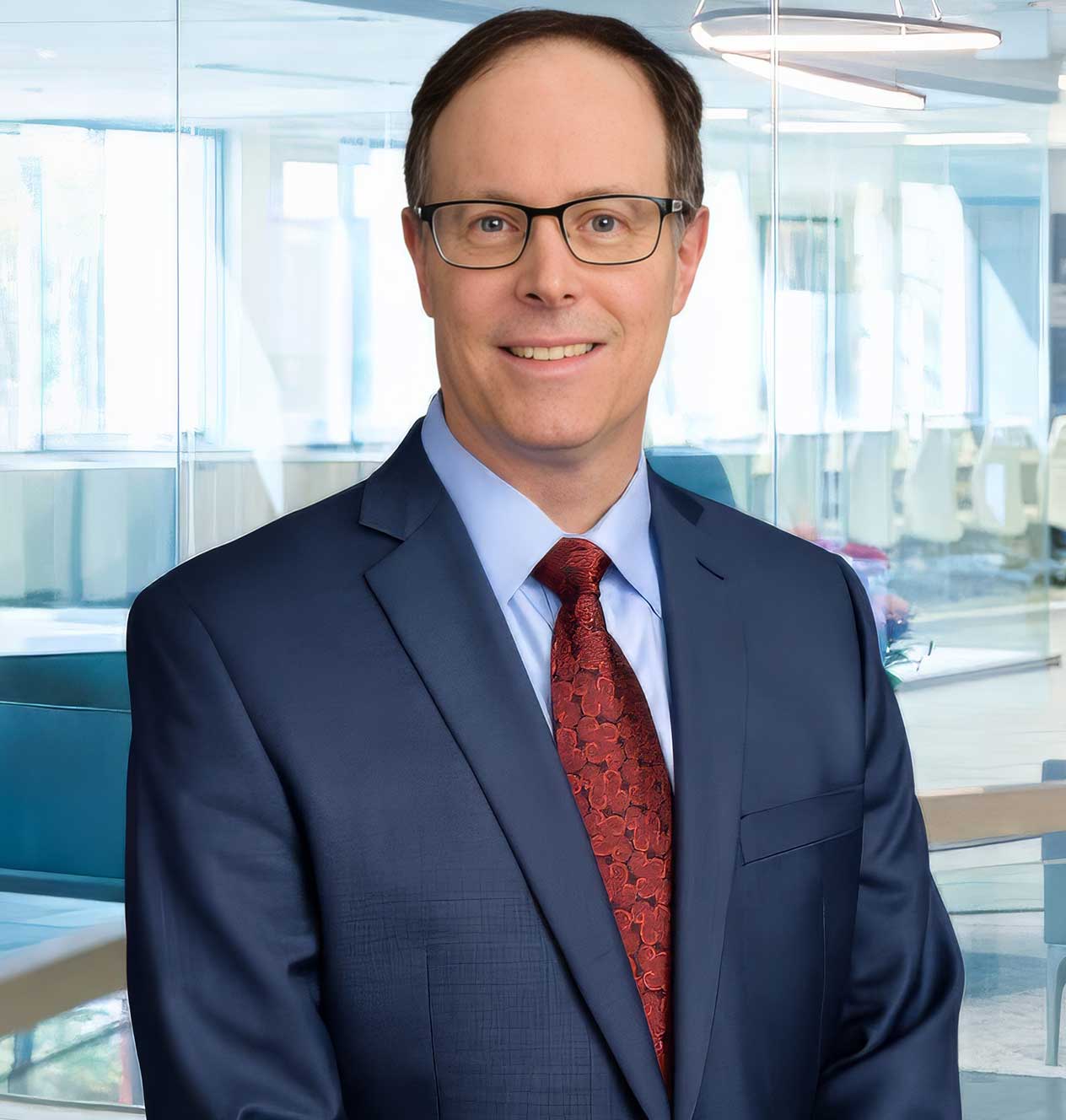Share Your Story with Trial Lawyer’s Journal
Trial Lawyer’s Journal is built on the voices of trial lawyers like you. Share your journey, insights, and experiences through articles, interviews, and our podcast, Celebrating Justice.
Stay Updated
Sign up for our newsletter to get the latest from TLJ.
Steven Barrett’s “Closing Argument”
But there’s a big ‘but’ I tell everybody. Because I’ve learned that notwithstanding that, just to push the envelope and take that extra deposition of the representative from the corporation or you know what, let me just find out about that critical eye witness. Let me depose that person. I can’t tell you how often. And it’s sort of kitschy, it’s sort of common vernacular to say ‘gold mine.’ I don’t mean gold mine. When you do that extra step, when you push the envelope, gold on the right term, the term that I would use other than gold mine. It is a case changer. Where before you thought the case was exactly how you thought it was going to play out, and the discovery and some of the witnesses you’re taking are just confirming your own, what I’ll call, lawyerly inertia.
Your own bias, and I don’t mean bias in a bad way. We all have bias when we look at cases. That’s why one client may go to another attorney and say, that attorney says, oh, you do have a case where the first attorney may say, I don’t think you do. So I don’t mean bias in that we have a prejudice, but bias in terms of what we bring to a case. And for a few extra hours and a few extra dollars of doing a deposition when you’re like, oh, should I really do this? I think I know where this case is going to end up. I can’t tell you. And it never ceases to amaze me. Where all of a sudden the case just blossoms, it takes on organically a whole new life. But what does that mean?
That means, sure, you’re happy that you’re stuck to it, you went against that on your own lawyerly inertia, if you will, and you’ve proven yourself better, right? So it’s sort of a revelatory, and it is a satisfying feeling when you do that. But who benefits? It’s the client. To pick up the phone and tell the client, guess what? You’ll never believe what came out at that deposition. Everything you were saying about what you remember. And we couldn’t find any evidence of it. And your case was weak because we couldn’t find anything else or any evidence or any person to corroborate or confer with. Oh my goodness. I’ve had clients actually come to tears because they feel exonerated. They feel just by the fact that I pushed, got more evidence. And what they were saying was confirmed. And we’re not even saying the outcome of the case. We don’t even have a settlement yet. We don’t even have a verdict yet. The thankfulness that they express, somebody is listening to them. Somebody has heard them. That feeling of satisfaction that the client feels and that you feel in those moments. And unfortunately, they’re few and far between. There’s perfect order to the universe of what we do.
I’ll say that one last time. When you’re thinking that there’s still a possibility and there’s a stone that is material stone, you know, not something that’s just some fringe stone, but a real material stone that you should unturn and uncover, go ahead and do that. I bet you more often than not, you’re going to find that there’s some real beneficial information that’s going to change, or at least greatly influence the case. And if there was anything I had to impart in 30 plus years of doing this, it’s just that. Because not only does it help the client and make the case more valuable, but it just, on a certain level, makes you personally gratified that you’re able to do that on behalf of somebody, and ultimately you get a better outcome.
Click here to view Steven’s Profile.
Featured Articles
-
Glossary
What is a Demurrer Judgment?
What is a Demurrer Judgment? A Demurrer Judgment is a court ruling issued after a defendant files a demurrer, arguing that the plaintiff’s complaint.
-
Glossary
What is the TPPRA?
What is the TPPRA? The TPPRA, or Third Party Payor Recovery Act, is a legal statute—most notably used in states like Texas—that gives third-party.
-
Glossary
What are Jury Instructions?
What are Jury Instructions? Jury instructions are the formal legal directions given by a judge to the jury before deliberation in a trial. These.
Explore our Contributors
Discover Next
Insights from Experts
Learn from industry experts about key cases, the business of law, and more insights that shape the future of trial law.
